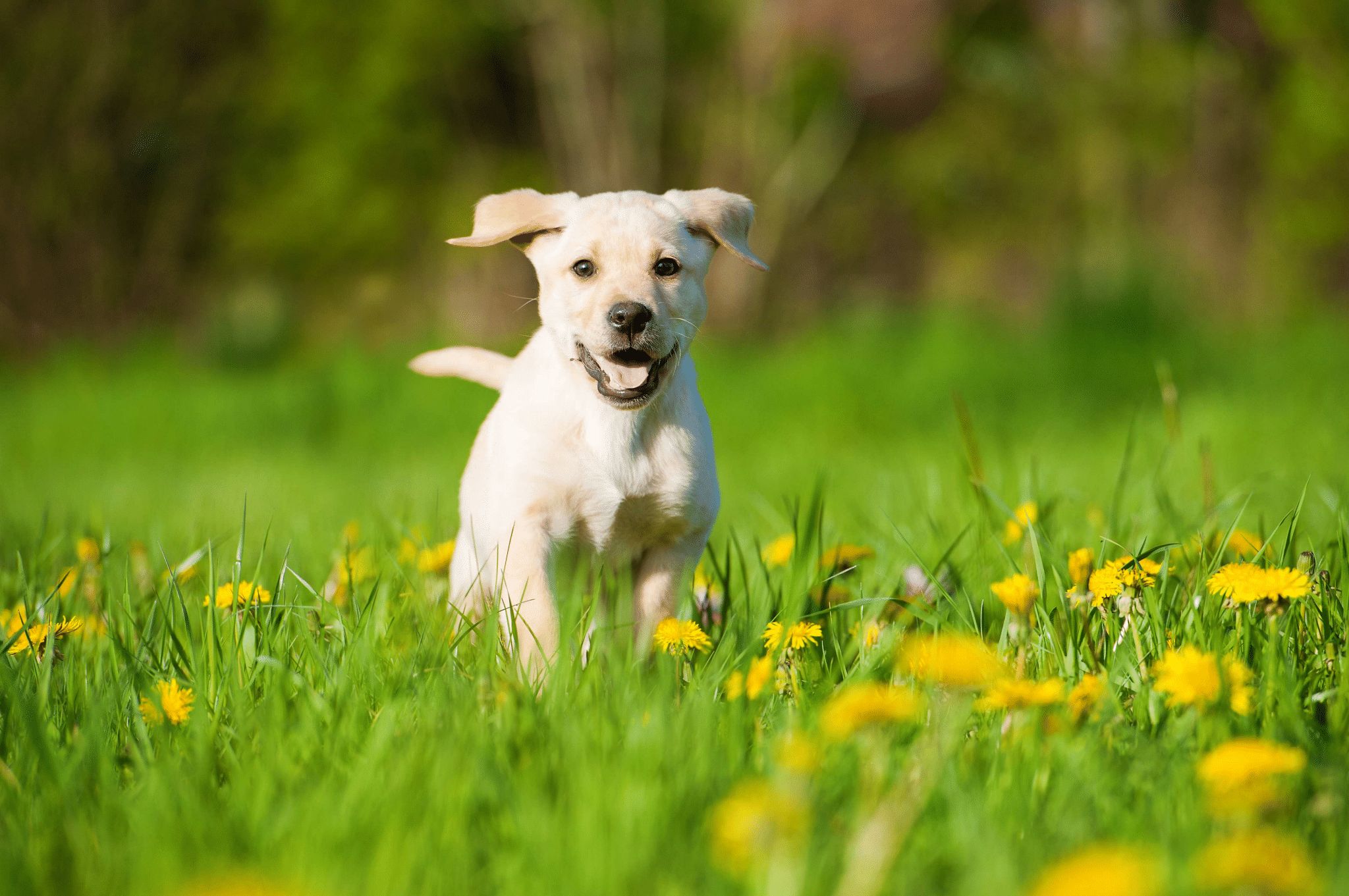Gun Dog Health and Nutrition

Gun Dog Health and Nutrition
This past Fall I set a personal goal to upland hunt with any one of my dogs, at least one day a week. Even though I pretty much hit my goal, my upland season revealed some issues I allowed to develop. Likewise, if we fail to focus on our dog’s health and nutritional needs, that too will show.
Diet
Our dog’s diet should be a priority. When selecting food, The WSAVA Global Nutrition Committee suggests you ask yourself “Who formulates the diet?”. If it’s not developed by an experienced pet food formulator, a nutritionist, a veterinarian or a pet owner/breeder/trainer, WSAVA Global Nutrition Committee suggests you continue your search. Dog food should come from a reputable source like Purina. Additionally, knowing calories per gram or serving of food can help prevent overfeeding and obesity in our dogs.
Supplements
Many dogs develop arthritis as they age. This doesn’t mean they won’t want to hunt or that we shouldn’t hunt them. If our dogs do have joint issues (which our vets can help identify), non-steroidal anti-inflammatory drugs can do wonders. Joint supplements like Glucosamine, Chondroitin and Omega-3 fatty acids can also help slow down the effects of arthritis. If your dog still isn’t huntable after these treatments, your veterinarian might try injections of steroids, hyaluronic acid or regenerative medicine. These targeted injections can achieve a high concentration directly in the inflamed joint.
Dental Health
Dental health is something we do not want to ignore either. Brushing your pet’s teeth is the best way to keep their teeth and gums healthy. The second-best thing you can do is to give your dog dental chews or even a special dental diet. Most of these dental chews work via mechanical action. This means as your dog chews the treat, it will help scrape plaque off the tooth surface. We always recommend looking for the Veterinary Oral Health Council’s (VOHC) Seal of Acceptance on any dental chew package. This means that the dental chew has been clinically tested to prove that it works. Another thing to watch out for with dental chews is to make sure to not choose one that is too hard as that can be a tooth fracture risk. Lastly, we always recommend regular oral health exams at your veterinarian to keep your pet’s teeth and gums healthy.
Water
Water is sometimes called the “forgotten nutrient”. It also can make up more than 50% of your dog’s body weight. Water is necessary for almost all metabolic and digestive processes in your dog’s body. A good rule of thumb for a low activity or moderate activity dog is they should drink about an ounce of water a day for each pound they weigh. This requirement can vary greatly depending on activity level, outside temperature and relative humidity. Just like in people, adequate water intake is important for good kidney and urinary tract health and these conditions can become more of a problem in older pets. So, even if your old bird dog isn’t as active as he used to be, make sure and monitor his water intake.
Vet Care
Scheduling an annual check-up for your dog is critical. At their visit, the vet can ensure their vaccinations are be up-to-date, their teeth are healthy, and the vet may need to do some blood work. During a physical, vets can identify issues like abnormalities, potential electrolyte imbalances, nutrition deficiencies, dental disease and internal parasites. With blood work, they can also identify issues in organs like the kidney and liver. Unless you have pet insurance for your dog, these expenses come out of pocket, but without them, we risk a loss that is greater than the cost of the visit.
For hunting dogs, a day in the field often means venturing into tall grasses and dense woods. While this provides the perfect environment for a successful hunt, it also exposes them to parasites like fleas, ticks, and worms. Fleas and ticks can transmit a variety of serious diseases to dogs and humans, including Lyme disease, anaplasmosis, and Rocky Mountain spotted fever. These illnesses can cause a range of symptoms, from lethargy and fever to joint pain and even death.
Parasite infestations can make your dog miserable. Several parasite prevention options are available, including chewable tablets, topical treatments, and collars. You can also use a powder or a flea and tick shampoo, something like Happy Jack products to control fleas and ticks. These offer long-lasting protection, ensuring your dog stays safe even during extended hunting trips. Be sure to consult your veterinarian to choose the right product for your dog’s breed, age, and lifestyle. Some formulations are even waterproof, which is important for dogs that spend a lot of time swimming or retrieving waterfowl.
by Kyle Dana
June 2024
Here is another of our Gundog Corner Articles check it out
Looking for the Digital Version of the Iowa Sportsman June 2024?
Here are our other businesses check them out


